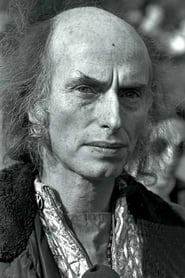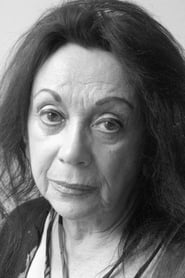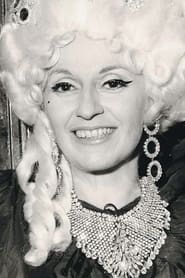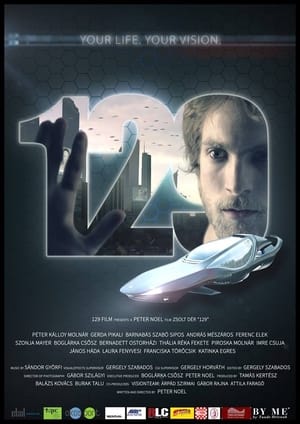

Après la Passion selon Sade(1968)
Movie: Après la Passion selon Sade
Top 10 Billed Cast

Après la Passion selon Sade
HomePage
Overview
Release Date
1968-01-01
Average
0
Rating:
0.0 startsTagline
Genres
Languages:
EnglishFrançaisItalianoKeywords
Similar Movies
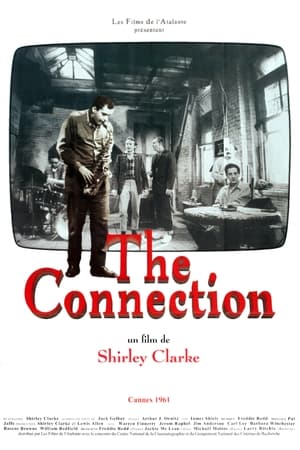 6.3
6.3The Connection(en)
A title card announces that the film is a result of found footage assembled by cameraman J.J. Burden working for the acclaimed documentary filmmaker Jim Dunn, who has disappeared. Leach, a heroin addict, introduces the audience to his apartment where other heroin addicts, a mix of current and former jazz musicians, are waiting for Cowboy, their drug connection, to appear. Things go out of control as the men grow increasingly nervous and the cameraman keeps recording.
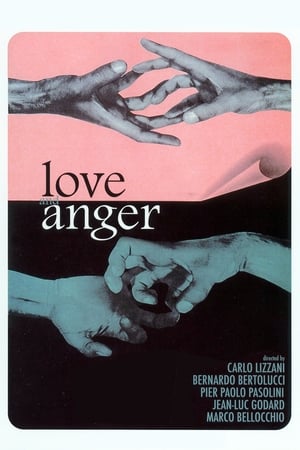 5.2
5.2Love and Anger(it)
Five short stories with contemporary settings. In New York, people are indifferent to derelicts sleeping on sidewalks, to a woman's assault in front of an apartment building, and to a couple injured in a car crash. A man, stripped of his identity, dies in bed with actors expressing his agony. A cheerful, innocent young man walking a city street in a time of war pays a price for this innocence. A couple talks about cinema while it watches another couple talk of love and truth on the eve of one character's return to Cuba. Striking students take over a university classroom; an argument follows about revolution or incremental change.
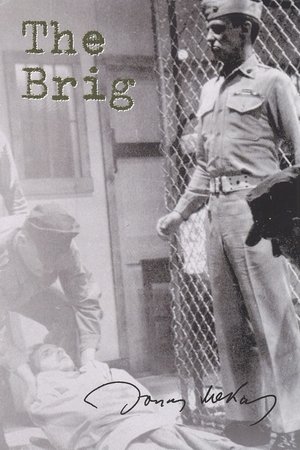 6.6
6.6The Brig(en)
An ultra-realistic depiction of life in a Marine Corps brig (or jail) at a camp in Japan in 1957. Marine prisoners are awakened and put through work details for the course of a single day, submitting in the course of it to extremely harsh and shocking physical and mental degradation and abuse.
 0.0
0.0Emergency: The Living Theatre(en)
a 32-minute color film by Gwen Brown, featuring precious footage of Living Theatre productions “Mysteries” and smaller pieces, “Paradise Now” and “Frankenstein.” “The fusion of Brown’s freewheeling direct cinema and the Living Theatre’s performance for revolutionary change (amidst the heydays of both) unite as a dynamic concoction of the era, yielding for the viewer a shifting terrain of both critical insight and ecstatic zeal, not as a vacant nostalgia for a pre-commodified radicality, but as tactical inspiration for future days.” – Andrew Wilson (Artist’s Access Television)
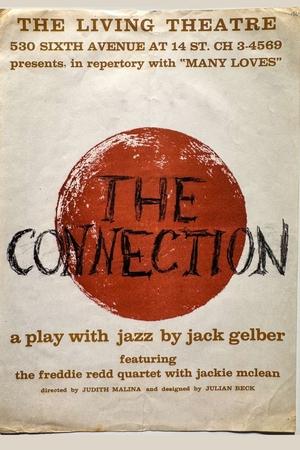 0.0
0.0The Connection(en)
A professional recording of the official play. The play has a play-within-a-play format, with characters Jim Dunn as the "producer" and Jaybird as the "writer" attempting to stage a production about the underbelly of society using "real" addicts. Some of the addicts are jazz musicians. They all (except for the "producer", "writer", and two "photographers") have one thing in common: they are waiting for their drug dealer, their "connection". The dialogue of the characters is interspersed with jazz music.
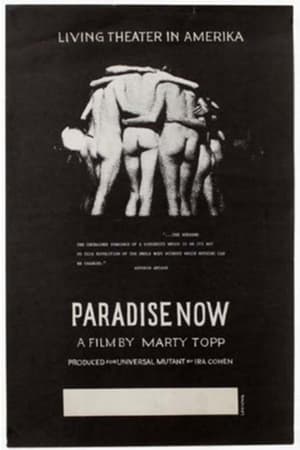 0.0
0.0Paradise Now: The Living Theater in Amerika(en)
A harrowing, gorgeous, in-your-face-and-mind 45-minute black-and-white film by Marty Topp, produced by Ira Cohen for Universal Mutant. “Marty Topp’s beautiful film of ‘Paradise Now’ reveals how the theories of revolutionary change and the experience of sexual liberation are not separate paths to the beautiful nonviolent anarchist revolution. Practiced together they are a single thrust, encompassing both political action and sensual joy, leading to the dreamed-of terrestrial paradise.
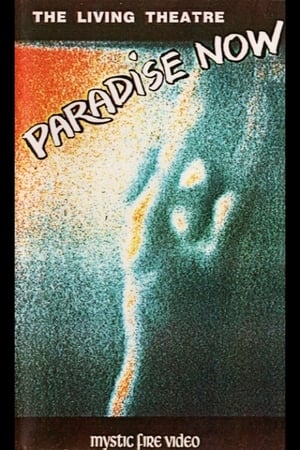 4.2
4.2Paradise Now(en)
At least forty films have been made about the Living Theatre; it remained to the American underground filmmaker Sheldon Rochlin (previously responsible for the marvellous Vali) to make the 'definitive' film about one of the most famous of their works, Paradise Now, shot in Brussels and at the Berlin Sportpalast. Made on videotape, with expressionist colouring 'injected' by electronic means, this emerges as a hypnotic transmutation of a theatrical event into poetic cinema, capturing the ambiance and frenzy of the original. No documentary record could have done it justice.
 0.0
0.0Cour d'honneur de Jérôme Bel - Avignon 2013(fr)
Jérôme Bel's show features the memories of spectators at the Avignon Festival.
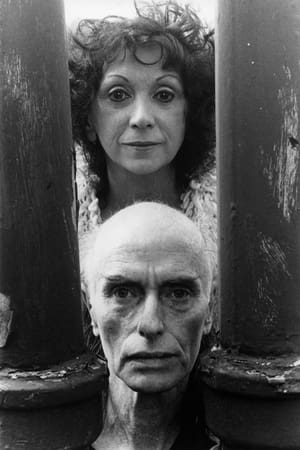 9.0
9.0Rite of Guerrilla Theater(en)
Commissioned work by Julian Beck and members of The Living Theatre (featuring Beck and Judith Malina, co-founders of The Living Theatre, in performance) for broadcast on KQED-TV, San Francisco. The Dilexi Series represents a pioneering effort to present works created by artists specifically for broadcast.
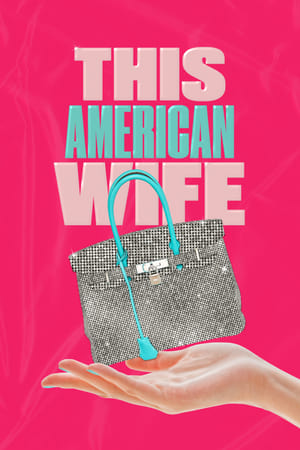 8.0
8.0This American Wife(en)
The body of a Real Housewife is an apparatus, an assembly of parts—hair, lips, dress, falsies, mic pack, cell phone, wine stem, camera, restaurant, brand, identity. This body is maintained and degraded, intoxicated and cleansed, in seasons and cycles, systems of supply and denial. The self needs a medium. Who cares who you are when you’re alone anymore?
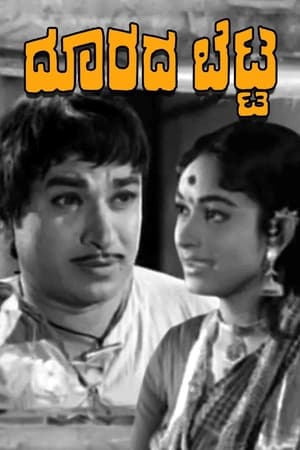 8.0
8.0Doorada Betta(kn)
The film starred Rajkumar and Bharathi Vishnuvardhan. It had Balakrishna, K. S. Ashwath and Sampath playing supporting roles. The film, along with Mooruvare Vajragalu (1973), was Rajkumar's last movie in black-and-white. However, this movie had a few sequences shot in colour. This was also the last film where Rajkumar and Bharathi were seen together. This was also Rajkumar's last collaboration with Siddalingaiah. The film is seen as a landmark in the career of Siddalingaiah.The movie saw a theatrical run of 25 weeks.
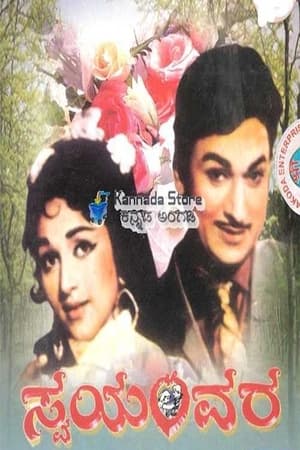 8.0
8.0Swayamvara(kn)
Vasantha, a feminist, is promised her ancestral inheritance only if she gets married. In order to secure her riches so that she can help women in distress, she hatches a plan.
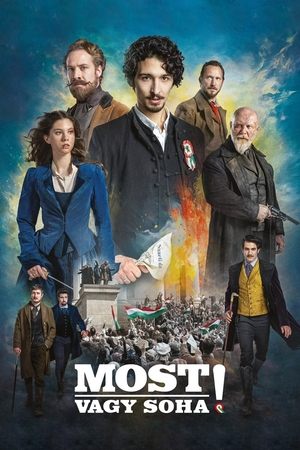 2.8
2.8Now or Never!(hu)
On March 15, 1848, a young firebrand poet, Sándor Petöfi ignites the Hungarian Revolution with his passionate 'National Song', prompting the Austrians to dispatch a ruthless secret agent to assassinate him and suppress the uprising.
 0.0
0.0Poruno repôto: Hentai(ja)
Two stories of perversion. 1) A Meiji era erotic artist forces his wife and maid to pose for his bondage themed paintings with dire consequences. 2) A WWII soldier develops a nasty sexual obsession overseas and which only grows stronger when he returns home.
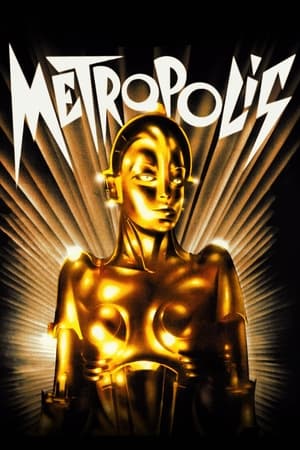 8.1
8.1Metropolis(de)
In a futuristic city sharply divided between the rich and the poor, the son of the city's mastermind meets a prophet who predicts the coming of a savior to mediate their differences.
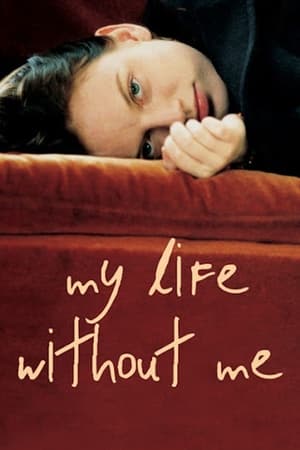 6.1
6.1My Life Without Me(en)
A fatally ill mother with only two months to live creates a list of things she wants to do before she dies without telling her family of her illness.
Veedu(ml)
Rajasekhara and Sumi love each other and get married without their parents' consent. However, their marriage suffers when Rajasekhara becomes more focused on his work.
